BCCI bilateral rights to catapult Jio Cinema's OTT dominance
Acquisition of BCCI bilateral rights by Viacom18 will enable Jio cinema to become even bigger in the Indian OTT ecosystem, according to an analysis by Karan Taurani, Senior Analyst at Elara Capital.
Taurani was giving his point of view surrounding the BCCI bilateral rights acquisition.
Impact on OTT ecosystem
The acquisition of BCCI bilateral rights presents a significant opportunity for Jio Cinema to fortify its position in the Indian OTT landscape. With a current AVOD market share of approximately 22-24%, the addition of these rights is predicted to further escalate revenues and intensify competition in the OTT sector. This, however, might negatively affect other broadcasting-based OTT players like Sony, Zee, and Disney+Hotstar. Additionally, it might impede SVOD revenue growth as Jio Cinema could continue offering content for free.
The BCCI bilateral rights for 88 matches have been sold for INR 59.6 billion, a figure slightly lower than Elara Capital's estimated range of INR 65 billion to INR 75 billion. This transaction marks a notable 13% increase in per-match basis valuation compared to the previous cycle. However, this valuation falls 43% below the per-match valuation of IPL rights.
In contrast to the IPL, where the premiums over the base price for TV and digital rights were 17% and 72% respectively, the BCCI bilateral rights display premiums of 63% and 41% for TV and digital rights respectively, when compared to the base price. This discrepancy can be attributed to the fact that the base price for these bilateral matches was set significantly lower than the previous cycle's final price per match. Taurani suggests that this might be indicative of the strategic advantage derived from bundling both TV and digital rights, leading to better negotiation leverage with advertisers.
Taurani highlights several factors contributing to the lower premiums in comparison to the IPL. The reduced number of T20 matches, combined with the immense popularity of the IPL, has resulted in diminished interest in bilateral matches. Additionally, a limited number of bidding platforms and a challenging advertising environment over the past four years have contributed to the 13% premium on a per-match basis, in contrast to the IPL's impressive 117% premium.
Digital vs. TV costs
An intriguing revelation is the cost difference between digital and TV rights on a per-match basis. Unlike the IPL, where TV and digital rights costs were fairly balanced, the BCCI bilateral rights showcase an 8% higher cost on digital platforms. This divergence underlines the growing significance of digital media in broadcasting rights.
Taurani argues that the acquisition of both TV and digital rights by a single entity enhances negotiating power and facilitates bundled offerings to advertisers. In contrast, when TV and digital rights are acquired by separate players, it fuels competition between platforms, potentially reducing overall revenues. The mutual advantage of bundling lies in advertisers having less bargaining power compared to the platforms.
Viacom's strategic move
The report highlights that the BCCI bilateral rights acquisition marks Viacom's foray into large-scale cricket acquisitions for TV. Previously, IPL and WC rights were held by Star and Zee respectively, making this a strategic step for Viacom18.



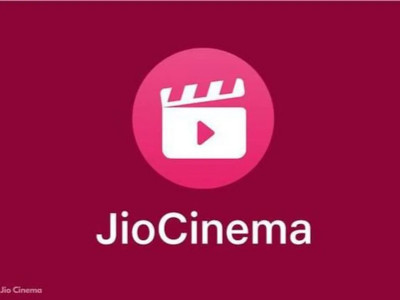
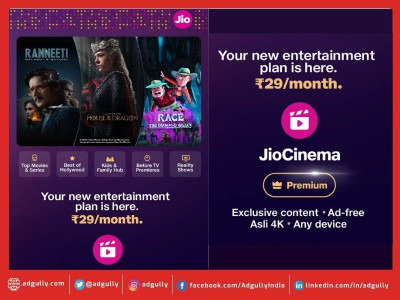



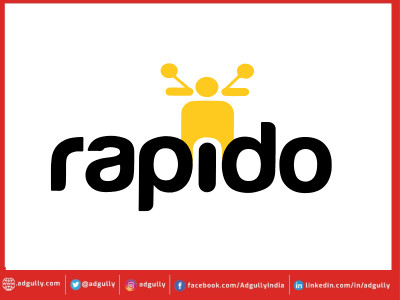


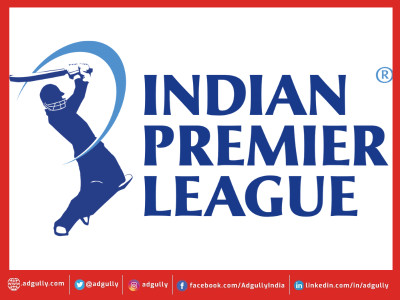

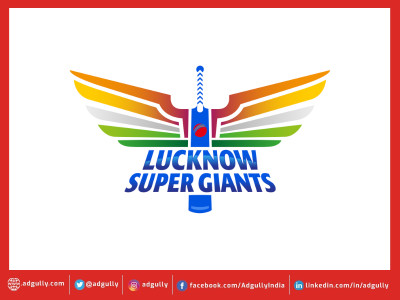
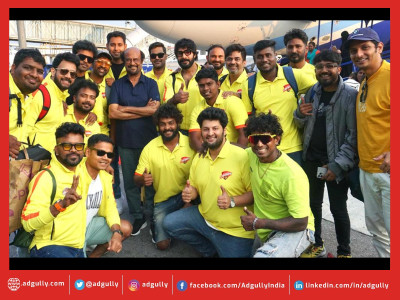
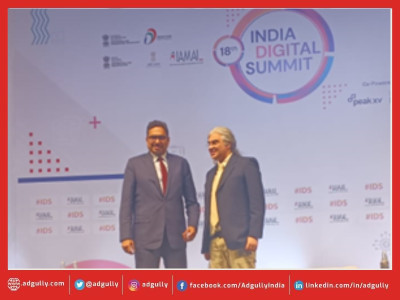


Share
Facebook
YouTube
Tweet
Twitter
LinkedIn